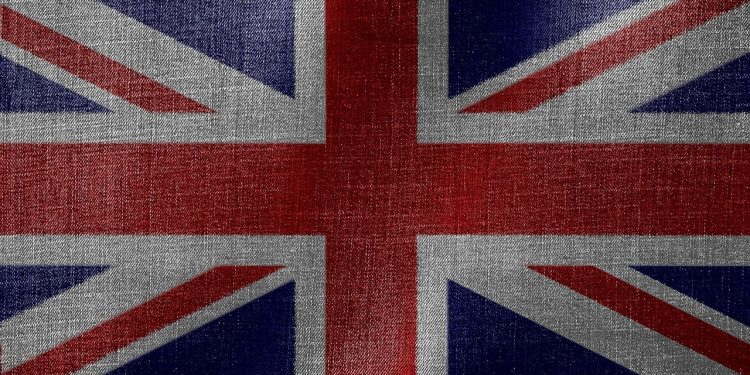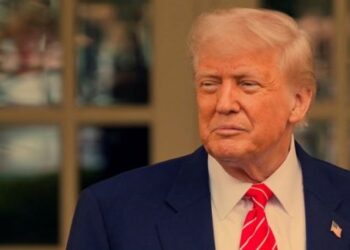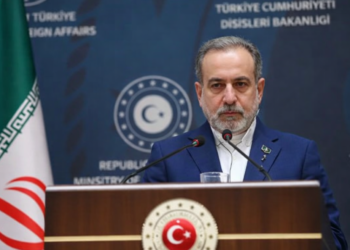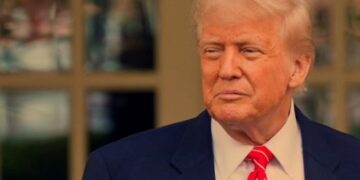The United Kingdom has barred Julius Malema, firebrand leader of South Africa’s Economic Freedom Fighters (EFF) party, from entering the country after the Home Office ruled his presence would be “non-conducive to the public good.”
Official documents cite Malema’s vocal support for Hamas following the October 7 attacks, including a pledge to arm the group if his party gained power. The decision also references Malema’s controversial statements about white South Africans, which UK authorities interpreted as endorsing racial violence.
The ban comes weeks after Donald Trump featured Malema in a video during South African President Cyril Ramaphosa’s White House visit, highlighting the EFF leader singing “Kill the Boer” – a protest song South Africa’s Supreme Court of Appeal recently ruled does not constitute hate speech.
Malema, a self-proclaimed anti-imperialist, has long advocated for land expropriation without compensation to address apartheid-era inequalities, though critics accuse him of inciting racial tensions. This marks the second UK entry denial for Malema in two months, with British officials now indicating all future applications will likely be rejected.
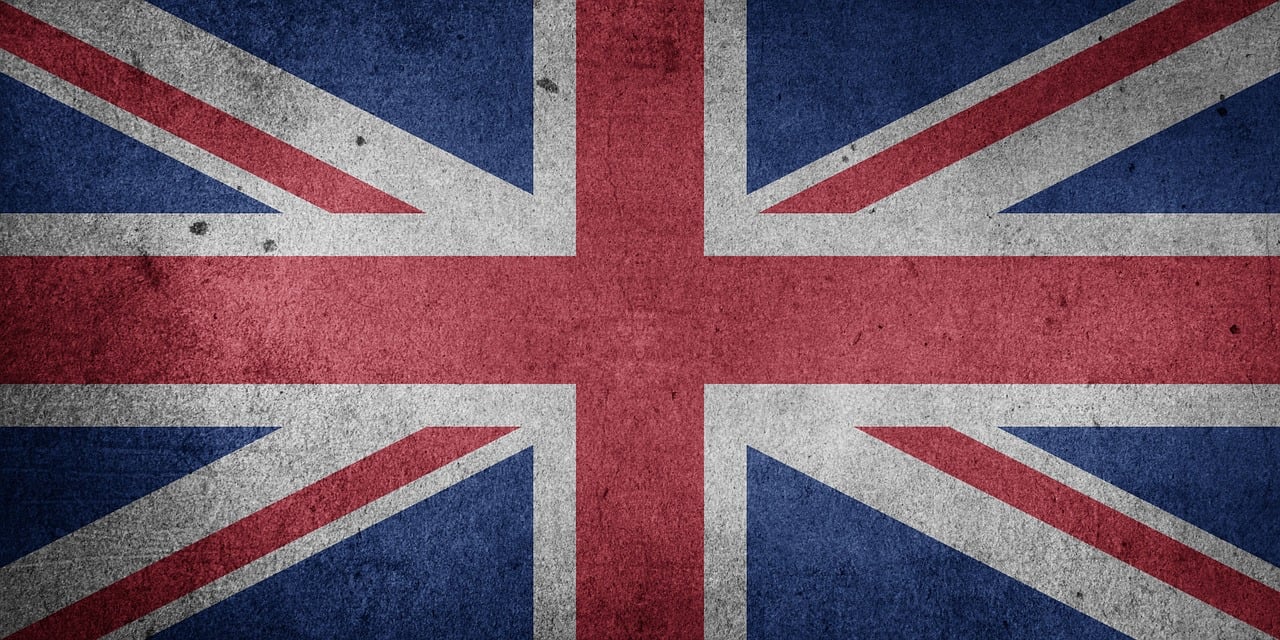
How the EFF Condemned “Cowardly” Decision as Attack on Free Speech
The EFF, which won under 10% of votes in South Africa’s 2024 elections, blasted the UK’s move as an attempt to silence radical economic transformation advocacy. Party statements accused Britain of distorting Malema’s warnings about black economic exclusion potentially sparking social unrest.
“We will not trade revolutionary principles for visas,” the EFF declared, reaffirming support for Palestinian causes. The response underscores Malema’s role as a lightning rod in South African race relations, where 33% unemployment disproportionately affects black citizens.
The Legal Precedents and Escalating Diplomatic Tensions
While South African courts have upheld Malema’s right to provocative political rhetoric, the UK’s immigration rules allow bans on individuals promoting violence. A Home Office spokesperson declined to comment specifically on Malema’s case but confirmed he has no right to appeal.
The decision exposes growing Western discomfort with Malema’s anti-colonial rhetoric, particularly after his party lost ground to Jacob Zuma’s uMkhonto weSizwe in recent elections. Observers have even suggested that the ban may bolster Malema’s anti-establishment credentials among his youthful base while potentially cooling his international provocations.

